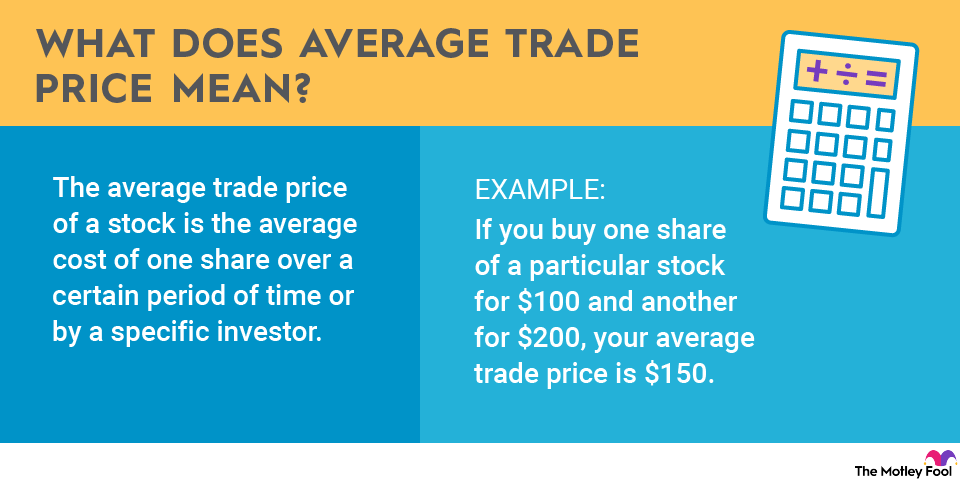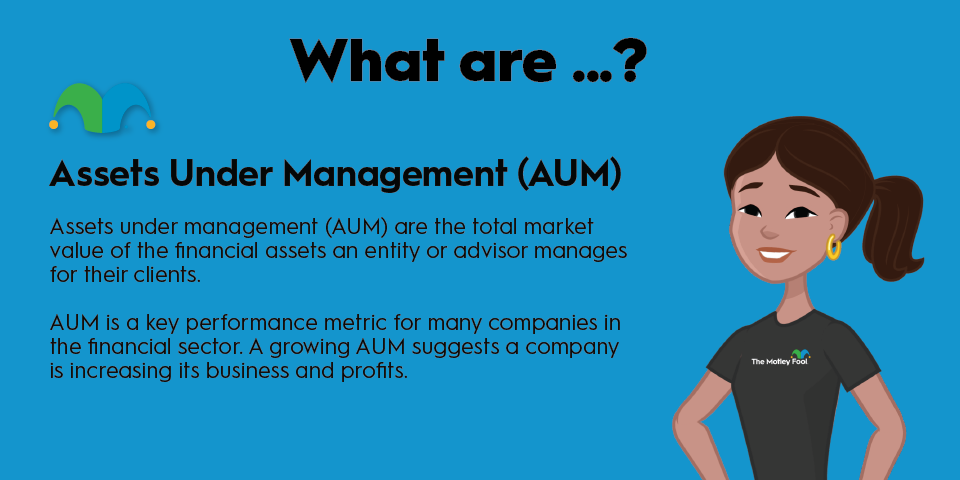Looking for a safe investment to add to your investment portfolio? Look no further than agency debentures, a type of bond issued by government agencies and government-sponsored enterprises. I'll explain to you what these are and how they fit into your larger investment puzzle inside.

What are agency debentures?
An agency debenture is a debt issuance from a U.S. federal government agency or a government-sponsored enterprise (GSE) meant to help meet their funding requirements, primarily for loans that are being made. They're a type of bond when it comes down to it.
Most agency debentures require a minimum investment of $10,000 and allow additional investments in $5,000 increments. They generally make interest payments at least twice annually, and the interest rate can be either fixed or variable.
Who issues agency debentures?
Technically speaking, any government agency or GSE can offer agency debentures. Common issuers include the Government National Mortgage Association (Ginnie Mae), Federal National Mortgage Association (Fannie Mae), and Federal Home Loan Mortgage Corporation (Freddie Mac). Understanding whether your agency debenture was issued by a government agency or a GSE is important because they have a few differences, including:
- Tax exemption. Agency debentures offered by government agencies are generally tax-exempt, although they may not be exempt from all taxes. For example, agency debentures issued by the Tennessee Valley Authority are only exempt from state and local taxes. GSE-issued debentures are taxed in the same way as other bonds.
- Government guarantee. If you buy an agency debenture issued by a government agency, the debenture and the associated interest payments are guaranteed by the government and will always deliver as long as the government doesn't fail. However, agency debentures from GSEs are not guaranteed; it's only implied that you will be made whole by the government if they fail.
How risky are agency debentures?
Because of government guarantees on government-issued agency debentures, you can be absolutely assured that your debenture will pay like it says it will and behave as expected. On the other hand, GSE-issued agency debentures lack that guarantee and carry more risk. Although it is likely the government will intercede if the GSE fails to uphold its promises, there is no guarantee.
Generally speaking, most investors would consider these investments to be pretty low-risk, perhaps even less risky than other non-government bonds. However, before you choose an agency debenture, make sure that you read the paperwork associated with it because the terms can vary.
Related investing topics
Why do agency debentures matter to investors?
Agency debentures can be a great way to put money into a very safe place for the long term while also earning some regular interest income. They make sense as a balance to riskier investments like tech stocks, which can break your heart if you fill your portfolio with them and have nothing reliable to balance them out.
In addition, agency debentures are tax-exempt (not necessarily fully, with some only exempt from local or state taxes) when issued by government agencies, which can make your interest income a little bit bigger than it appears. You may find that you save significant tax liability by choosing certain agency debentures as part of your tax mitigation plan.
Even if you choose to go with GSE-issued agency debentures, you can still be assured of a relatively stable asset that is perfect for a long-term investing strategy. As always, be aware of the terms of each agency debenture you invest in, and be sure to compare not only the interest but the fees associated with each one.



















